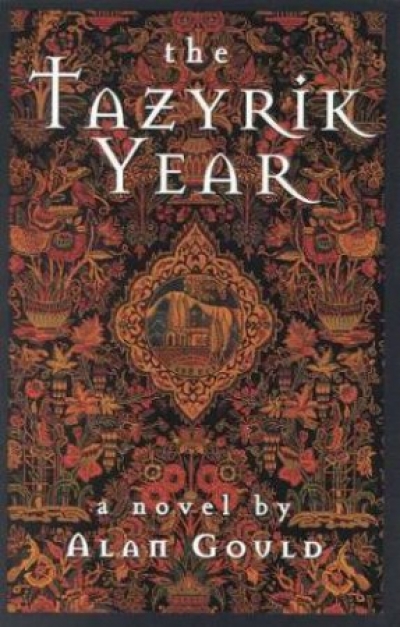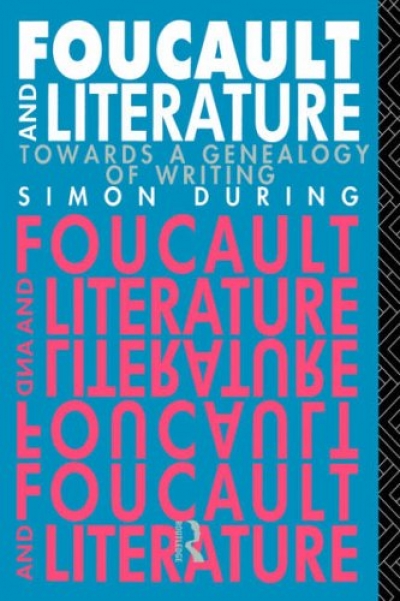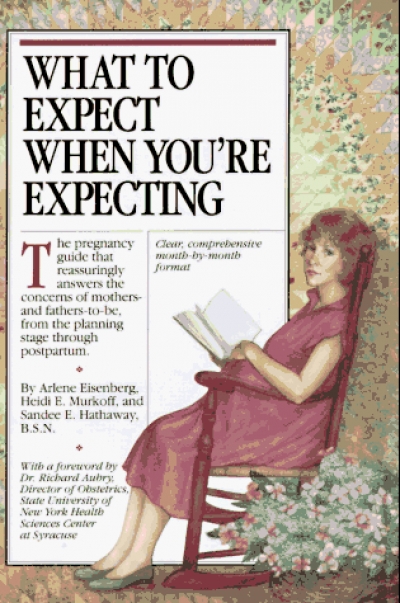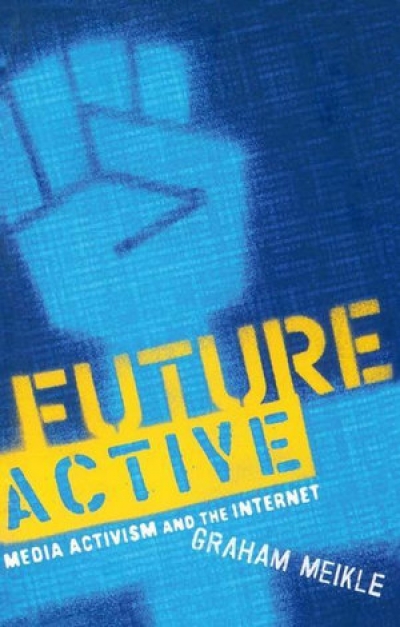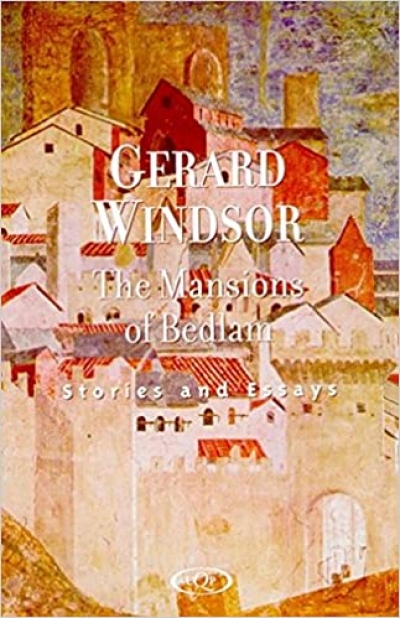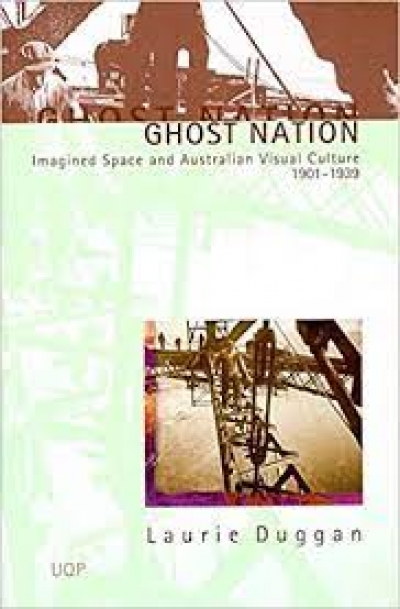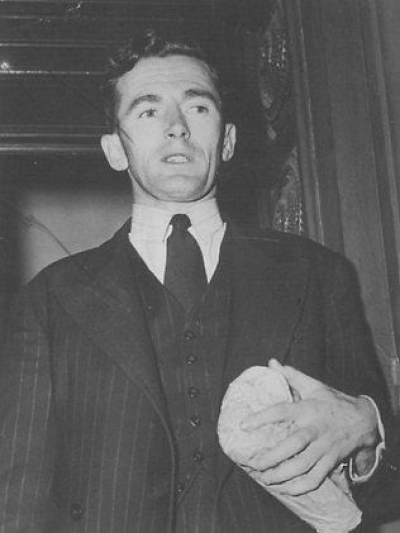Archive
Film | Theatre | Art | Opera | Music | Television | Festivals
Welcome to ABR Arts, home to some of Australia's best arts journalism. We review film, theatre, opera, music, television, art exhibitions – and more. To read ABR Arts articles in full, subscribe to ABR or take out an ABR Arts subscription. Both packages give full access to our arts reviews the moment they are published online and to our extensive arts archive.
Meanwhile, the ABR Arts e-newsletter, published every second Tuesday, will keep you up-to-date as to our recent arts reviews.
Recent reviews
Foucault and Literature: Towards a genealogy of writing by Simon During
What to Expect When You’re Expecting by Arlene Eisenberg, Heidi Eisenberg Murkoff, Sandee Eisenberg, and Hathaway R.N. & Safe and Natural Remedies for the Discomforts of Pregnancy by The Coalition for the Medical Rights of Women
'China Men' by Maxine Hong Kingston, 'Mutuwhenua: The moon sleeps' by Patricia Grace, 'Fortress' by Gabrielle Lord, and 'Female Friends' by Fay Weldon
I’m well overdue with this article, and I suspect John McLaren is never going to speak to me again. Trouble is, I’m on a frenetic reading jag and its mainly McLaren’s fault.
... (read more)Future Active: Media activism and the internet by Graham Meikle
Ghost Nation: Imagined Space and Australian Visual Culture 1901–1939 by Laurie Duggan
La Trobe University Essay | 'A BIG LIE: Manning Clark, Frank Hardy and "Fictitious History"' by James Griffin
‘People are not entitled in a civil society to pursue a malicious campaign of character assassination based on a big lie.’ This was Andrew Clark, son of the historian Manning Clark, expressing understandable outrage on behalf of his family. The issue was the infamous allegation, based on nebulous evidence, that Manning was ‘an agent of Soviet influence’ and had been awarded the Order of Lenin. Unfortunately, as the Clarks will know, the big lie, even when refuted, spreads across generations. Although the onus is supposed to be on the accusers to prove their allegations, in reality it is easily, plausibly reversed.
... (read more)Editorial boards of magazines are seldom noticed, except when a magazine is in trouble. For the past three years ABR’s board chairman was Brian Johns. Last May Brian resigned. It was a resignation he had been signalling for some time; he believed that it was time for him to go.
As a member of the board, I was saddened to see Brian go. ABR had been very important to him, and its success and survival, in both cultural and economic terms, had been an overriding concern. Brian was a demanding, at times overbearing, at times charming, but always inspiring and exciting chairman.
Brian is always interested in what people think, and in them. One of his great talents is that he inspires people to articulate and implement their ideas. With ABR his overriding ambition has been to establish it as a journal of influence in promoting Australian writing, that was successful on all fronts; and with the help of some wonderful editors – John McLaren, John Hanrahan and, most recently, Kerryn Goldsworthy – that has been achieved.
... (read more)
